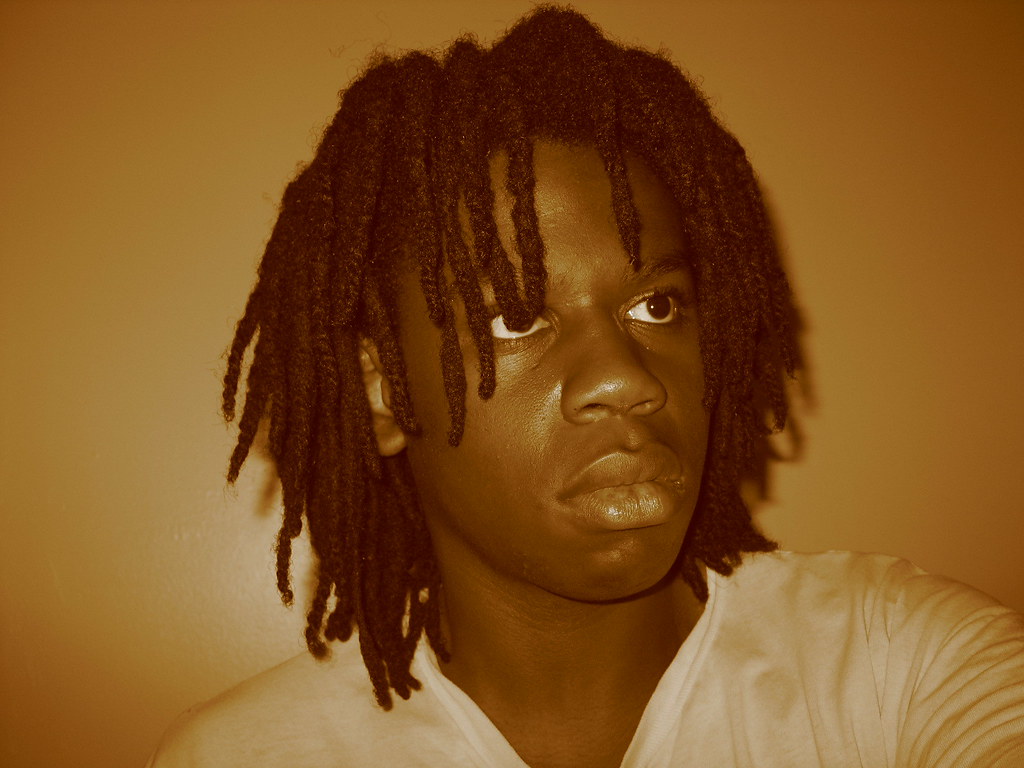I have talked a lot about hip-hop on this blog over the last month or so, as it has been a pretty hot button issue in American culture. Today, I came across an article from The Boston Globe via Feministing about the relationship between white kids, the "ghetto", and rap culture.
The crux of the argument revolves around a premise that many have been arguing for a long time, which is that the music has become a representation, fairly or unfairly, for all Black people. Because so many of the consumers of hip-hop have no experience with the ideas presented in most hip-hop, these white suburbanites have fetishized and exoticized ideas of living in the ghetto. Unfortunately, such fetishizing has led to negative images for all Black people regardless of our actual connection to hip-hop culture and rap music. This idea is a fairly similar one that happened back in the late 19th and early 20th Centuries called minstrelsy when white people dressed up as if they were black, covering their faces in burnt cork and shucking and jiving like "authentic negroes" did in those times.
Many thought we had passed this point in our society, where Black people were no longer being exoticized and used to amuse and entertain the white people in the country. Black music has produced many heroes for its own culture such as James Brown and George Clinton, but that has passed again with the rise of artists like 50 Cent and Lil' Jon who fill the minds of these impressionable American youth with images of Black people standing on the corner, drinking 40s, and slanging crack. This is bad enough within itself. But, as the article notes, this is made worse by the presence of "ghetto parties" based of these white kids' understanding of what it means to be ghetto as taught to them by outlets such as Flavor of Love (I already know) and the rappers that are being promoted by the white record executives who decided to hold up the principles of nihilism and excess capitalism. Although, to rap's defense, no rapper I know talks about dressing up in blackface, which the kids do at these offensive parties.
The parties are shocking, but this is the most shocking part of the entire article:
When [Professor] Price brought up the subject of ghetto parties in his Northeastern classroom, he says his white students reacted by saying, "So what? " They considered ghetto parties no more harmful than toga parties, says Price.I think that this is fitting of why so many people of color have problems with white adoption of hip-hop culture. No one in hip-hop is saying that white kids can't be a part of it, but, if you are going to be a part of it, you have to understand it. Hip-hop has been political since Kool Herc started moving a record back and forth under a stylus. Rapping, breaking, graf writing, and scratching were the initial tools to make disenfranchised voices heard because they were so frequently silenced and are still silenced now. The fact that these kids don't understand that we have had to go through century upon century of having my fellow men and women stereotyped as lazy, lascivious, poor, morally bankrupt, violent, and content with being the literal footrest for the White population leaves me with seething anger throughout my body. It genuinely offends me that they cannot understand this most simple of concepts of the Black experience. It makes me wonder if anything that our schools have been trying to teach us about the struggles of Martin Luther King have stuck with these kids in any meaningful way.
If you are a white kid who is ignorant, negligent, stupid enough to think that it is a good idea to show up to a party in gold chains, wearing clothing four sizes too big, and in fucking blackface, I don't want you listening to my music. I don't want you to listen to the music that represents my people's struggle out of the hood. I don't want you even being connected to the culture because this display shows that you don't have a basic understanding of who hip-hop represents and what it means when it says that it is a global culture. Hell, I might punch you out, and I never raised a hand against others.


|